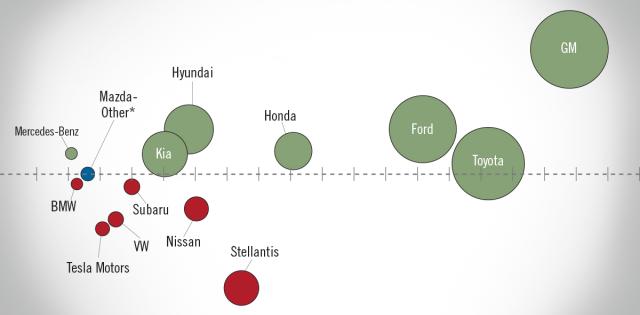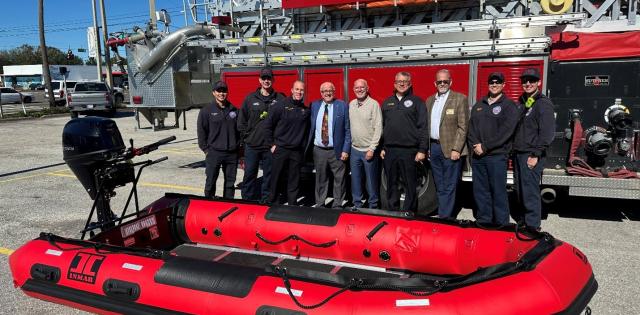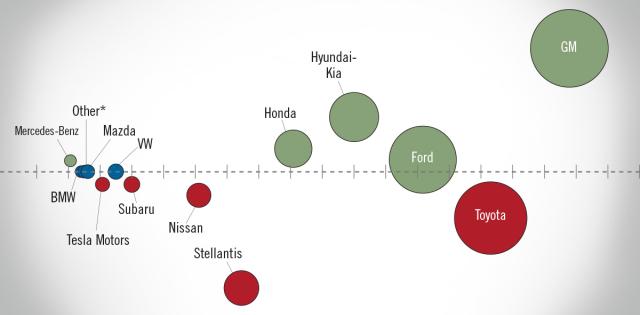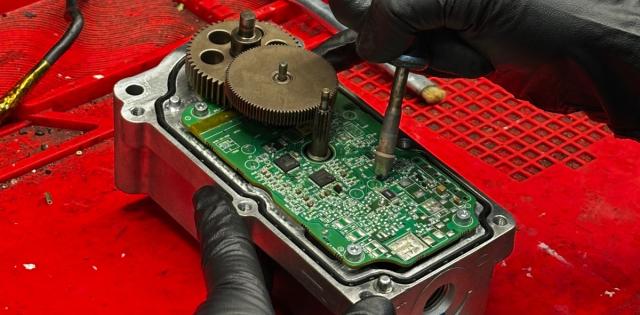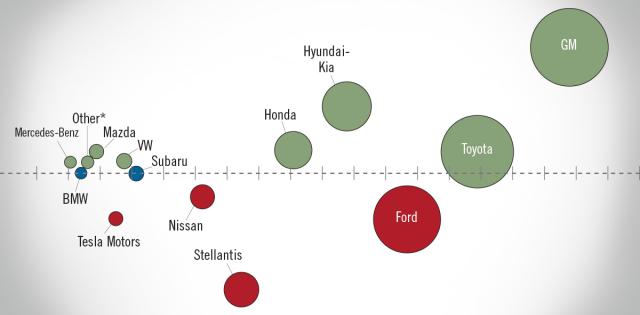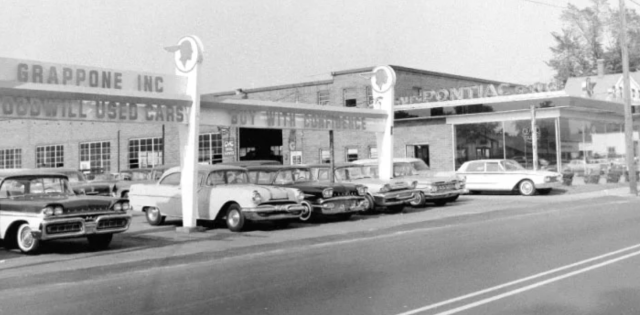In everyday life, most Americans don’t often consider how and when they will secure the basic needs of life. But with the unpredictability of the COVID-19 pandemic, some necessities, like medical supplies, hand sanitizer, and toilet paper are increasingly difficult, if not impossible, to find. As demand grows, manufacturers are working to produce more products while fleets of medium and heavy-duty trucks are working overtime to move items across the country to get into the hands of customers.
In times of mass uncertainty, one critical and essential business is commercial truck sales and service, to keep the country stocked with basic necessities. Each and every empty shelf across the country relies on a commercial vehicle and driver to replenish it. Each and every medical supply produced during this crisis needs to get to hospitals, healthcare providers and patients via commercial vehicles. These vehicles must be maintained, repaired and serviced, and sold as older vehicles exit the fleet.
“I wish it wouldn’t have taken a national crisis to open America’s eyes to the real worth of the hard work done every day by regular people,” said Jodie Teuton, American Truck Dealers (ATD) immediate past Chairwoman. “Things don’t magically appear on the grocery store shelves and the box on your doorstep doesn’t drive itself there. Everything we consume moves by truck.”
In fact, more than 71% of the nation’s tonnage freight is hauled in trucks sold by ATD members. With an increase in demand, commercial fleet operators may decide to add a new vehicle from their local dealership to meet increased demand stemming from coronavirus. Under the new reality where coronavirus touches all parts of our country, sales of commercial vehicles are essential to keeping our country going.
“Even more so today, commercial medium- and heavy-duty dealerships support the critical infrastructure needs of our country,” said ATD Chairman Steve Bassett. “Consumers rely on trucking in times like these in order to provide them with groceries, prescription medication, medical supplies and fuel. Given their important role in the supply chain, dealerships selling commercial vehicles are essential.”
Virtually all of the 500,000 medium- and heavy-duty trucks sold in 2019 were for use in commercial fleets. Additionally, approximately 500,000 “Essential Critical Infrastructure Workers,” as defined in DHS/CISA Guidance – including healthcare providers, law enforcement, public safety, first responders, food and agriculture employees, etc. – acquire a new or used vehicle each year.
“Trucks help make the lives we value happen,” added Teuton. “When trucking stops we stop.”


